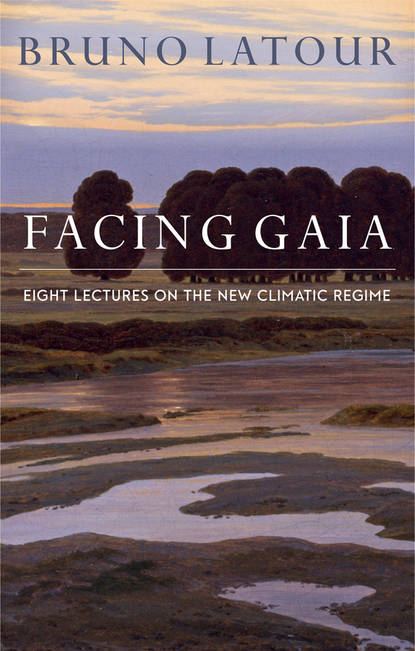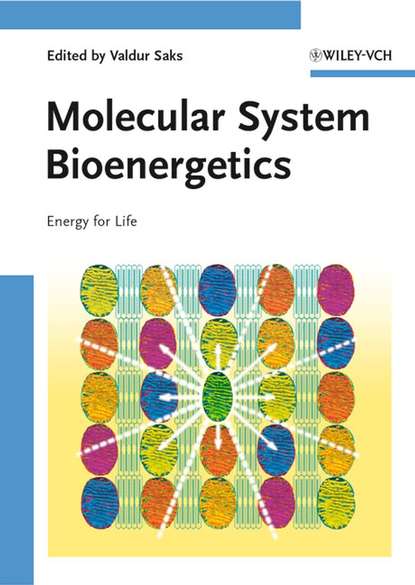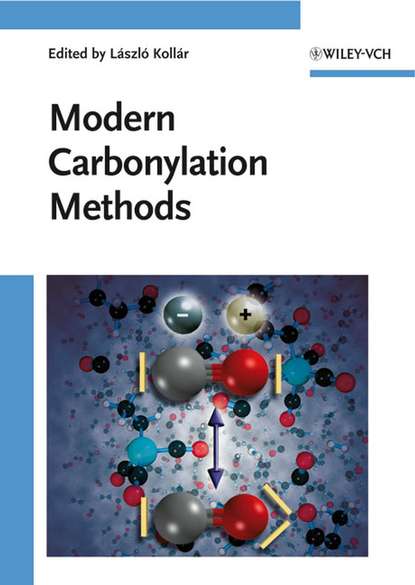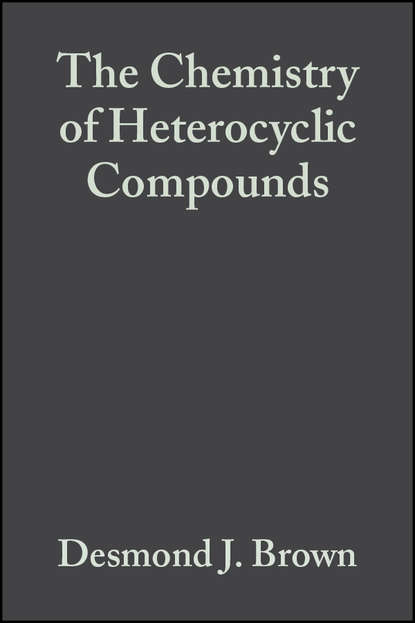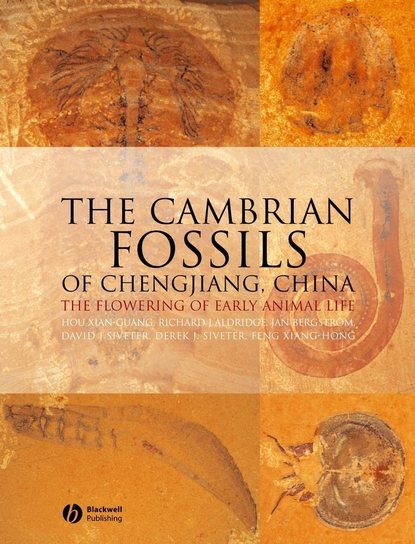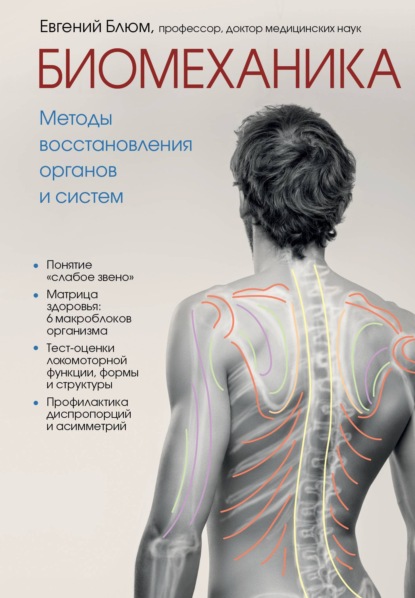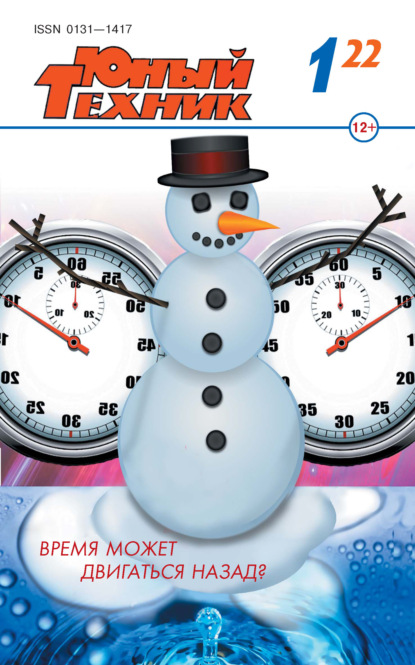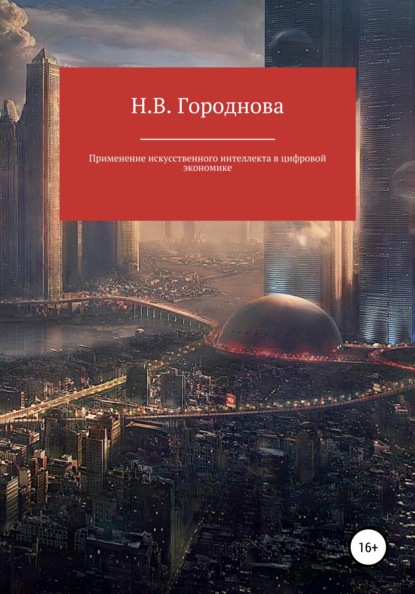Книга "Facing Gaia" рассматривает новый режим природы, который возник в результате экологической мутации, происходящей в настоящее время. Авторы книги исследуют возможный кандидат на замену старых представлений о природе, предложенный Джеймсом Лавлоком, когда он выбрал имя "Гайя" для хрупкой, сложной системы, через которую живые явления изменяют Землю. Они анализируют недостатки старых представлений о природе и предлагают использовать концепцию "Гайи" как идеальный способ разрешить этические, политические, теологические и научные аспекты проблемы. Авторы считают, что использование концепции "Гайи" станет основой для будущего сотрудничества между учеными, теологами, активистами и художниками, которые начнут адаптироваться к новому климатическому режиму. Книга написана на основе лекций Бруно Латура о "естественной религии".
Возделывая Гайю Этот текст может быть полезен при написании курсовой или реферата по социальной экологии. Его автор, французский философ и социолог Бруно Латур, в 2011 году выступил с лекциями «Возделывая гайю» в Коллеж де Франс. В них ученый осветил проблемы взаимосвязей человека и природы, рассказывая о новой экологичекой реальности, вызванной человеком (Антропоцене). Вы узнаете о том, какие важные проблемы поставил с этой темой ученый, а также познакомитесь с точкой зрения философа на экологический кризис.
Электронная Книга «Facing Gaia» написана автором Bruno Latour в году.
Минимальный возраст читателя: 0
Язык: Английский
ISBN: 9780745684352
Описание книги от Bruno Latour
The emergence of modern sciences in the seventeenth century profoundly renewed our understanding of nature. For the last three centuries new ideas of nature have been continually developed by theology, politics, economics, and science, especially the sciences of the material world. The situation is even more unstable today, now that we have entered an ecological mutation of unprecedented scale. Some call it the Anthropocene, but it is best described as a new climatic regime. And a new regime it certainly is, since the many unexpected connections between human activity and the natural world oblige every one of us to reopen the earlier notions of nature and redistribute what had been packed inside. So the question now arises: what will replace the old ways of looking at nature? This book explores a potential candidate proposed by James Lovelock when he chose the name 'Gaia' for the fragile, complex system through which living phenomena modify the Earth. The fact that he was immediately misunderstood proves simply that his readers have tried to fit this new notion into an older frame, transforming Gaia into a single organism, a kind of giant thermostat, some sort of New Age goddess, or even divine Providence. In this series of lectures on 'natural religion,' Bruno Latour argues that the complex and ambiguous figure of Gaia offers, on the contrary, an ideal way to disentangle the ethical, political, theological, and scientific aspects of the now obsolete notion of nature. He lays the groundwork for a future collaboration among scientists, theologians, activists, and artists as they, and we, begin to adjust to the new climatic regime.
